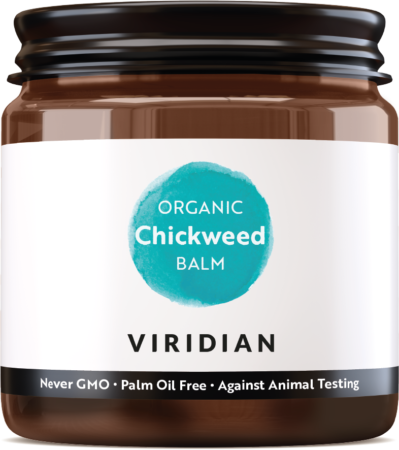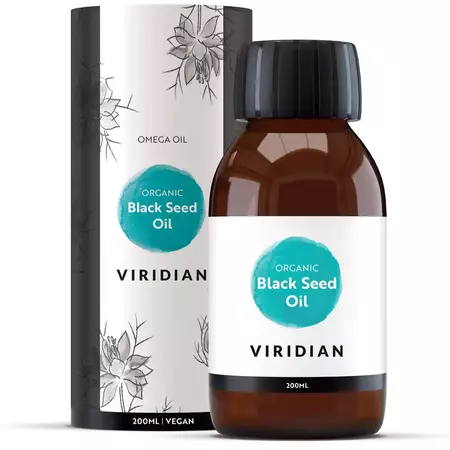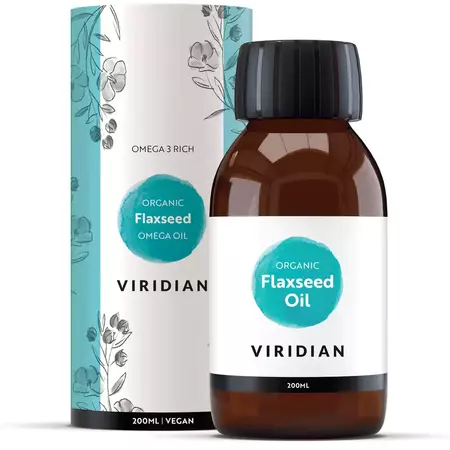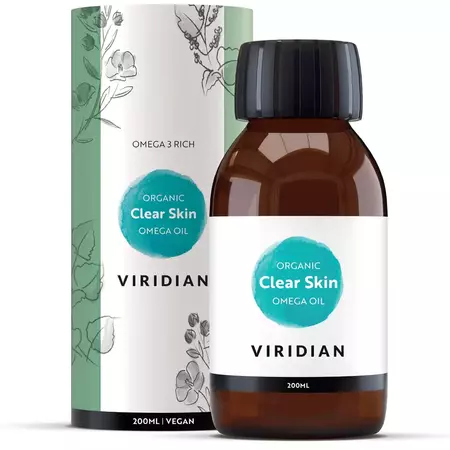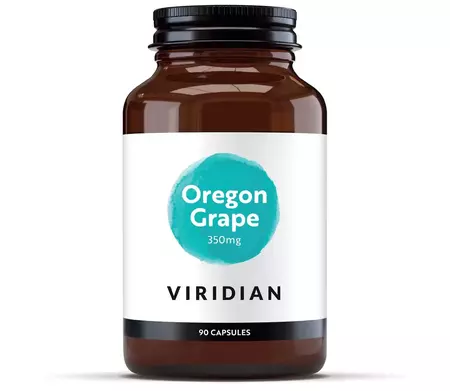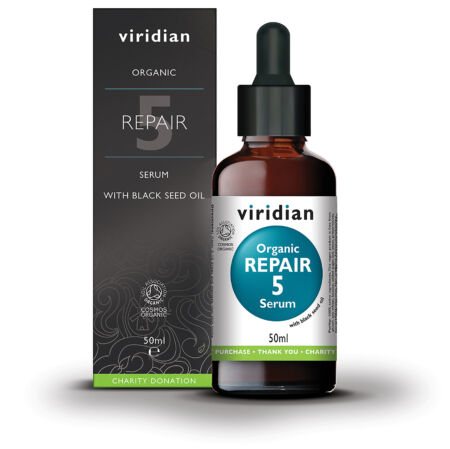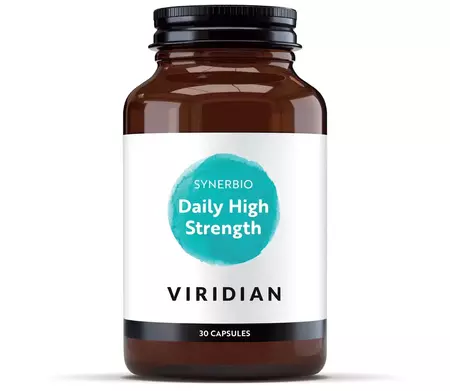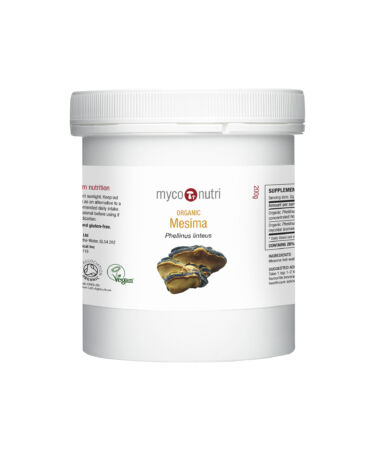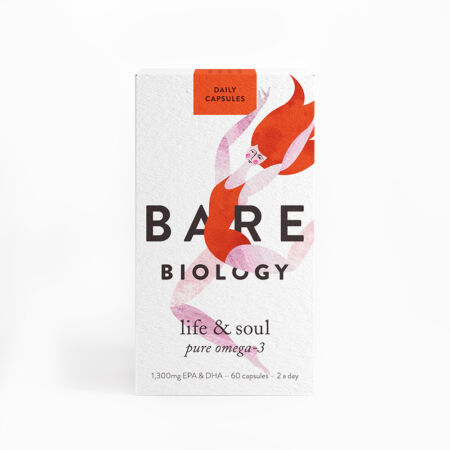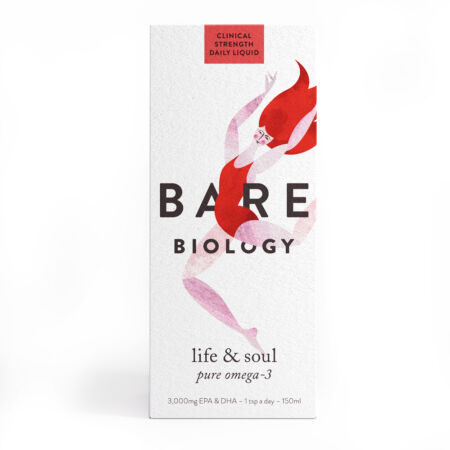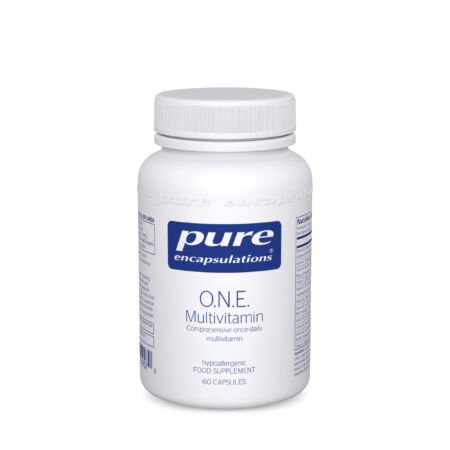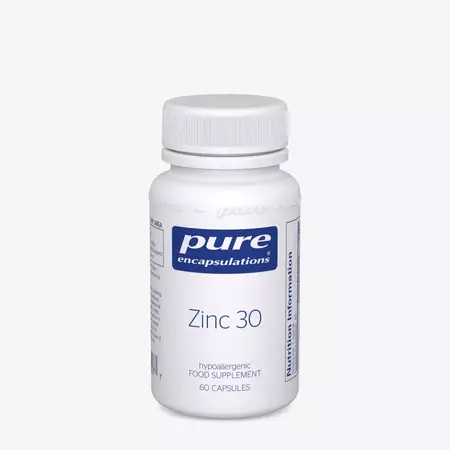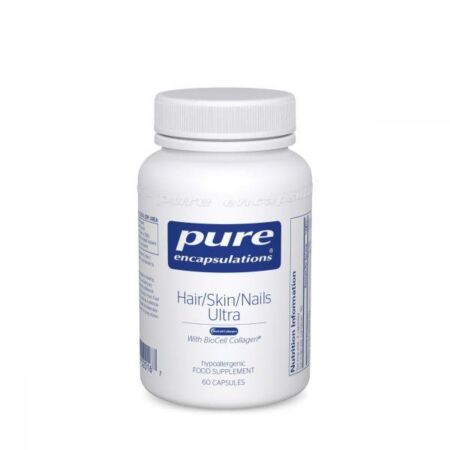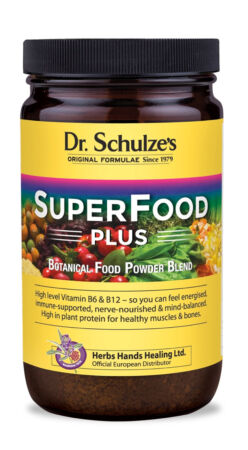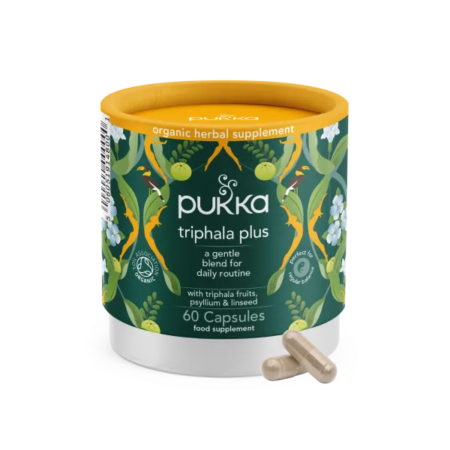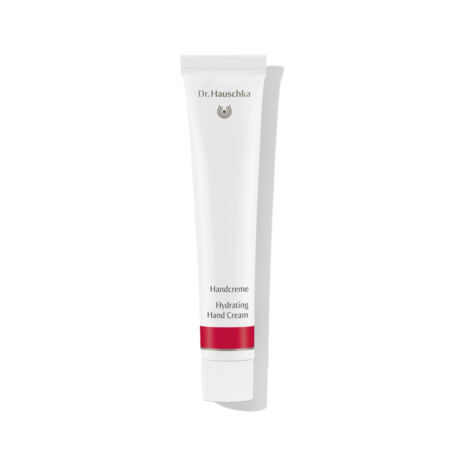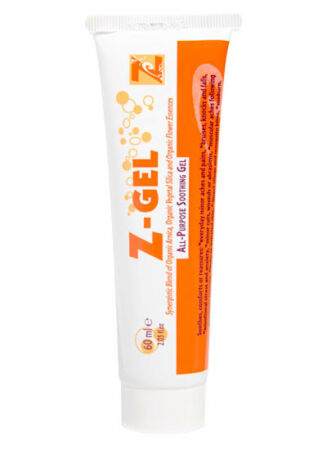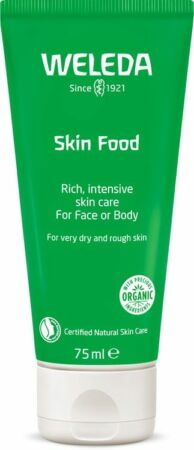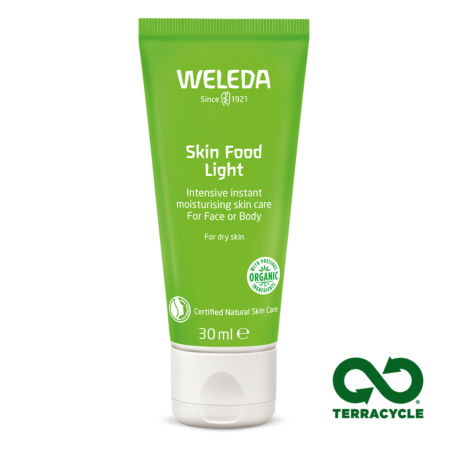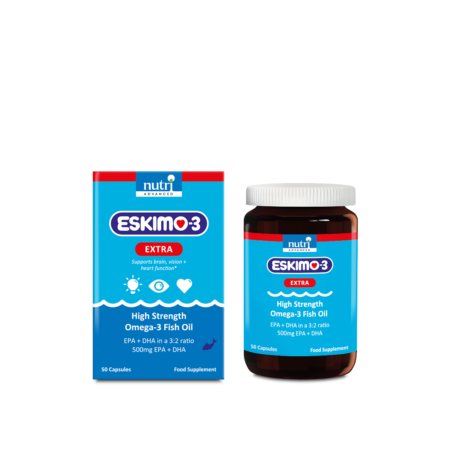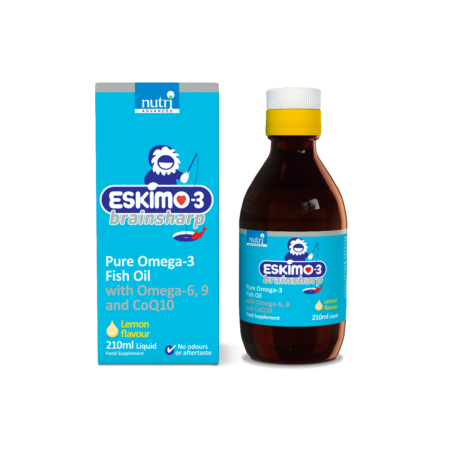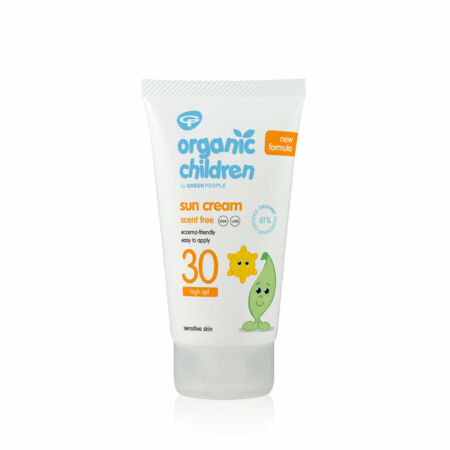From home remedies to supplements, there are many natural options available to alleviate eczema symptoms and promote skin health - Therapy Approved by our Nutritional Therapists in Wilmslow, Cheshire.
What is eczema?
The word eczema is used to describe skin that may appear red, dry, scaly, and itchy. However, eczema is not a single condition, it’s a group of skin conditions such as atopic dermatitis and contact dermatitis.
An effective eczema treatment can be of incredible importance to eczema sufferers as the condition is frustrating and uncomfortable. In the article, we discuss natural eczema treatments, as well as the importance of nutrition and possible eczema causes.
Causes and symptoms of eczema:
Eczema is similar in appearance and symptoms to psoriasis and rosacea and other forms of dermatitis, so a doctor or dermatologist must first give a diagnosis in order to be certain the condition in question is eczema.
Although most skin conditions categorised as eczema are chronic (requiring long-term management), it's worth noting that contact dermatitis and hand eczema can be acute and sudden in nature, resulting from exposure to allergens or chemicals[i].
Eczema of the atopic type is very common in young children. For many eczema sufferers, symptoms lessen throughout the transition to adulthood. However, it can come and go at any point in one’s life and onset may also begin at any point in adulthood or adolescence[ii].
The best courses of action for managing eczema are to learn how to treat the condition effectively and to identify triggers that can cause flare-ups.
There are a wide range of possible causes and risks related to eczema:
Genetic predisposition: Those with a family history of eczema, hay fever and asthma are more likely to have eczema themselves[iii].
Adolescent obesity: Being obese during adolescence may increase the risk of developing eczema in adulthood[iv].
Nutritional deficiencies: For example, deficiencies in essential fatty acids, zinc, and vitamin D have been linked to an increased risk of eczema[v].
Eczema and Attention Deficit Hyperactivity Disorder (ADHD): Children who are diagnosed with eczema early in life may have a greater likelihood of developing symptoms of ADHD later on, according to research[vi].
Climate: Living in a dry climate can make eczema symptoms worse, as low humidity can dry out the skin and exacerbate itching and irritation[vii].
Low vitamin D levels during pregnancy: Low levels of vitamin D during pregnancy may increase the risk of developing eczema in the first year of life. Research suggests that vitamin D plays a crucial role in regulating the immune system and maintaining healthy skin[viii].
Possible causes of eczema:
A definitive cause for eczema is yet to be found by the medical community. There are thought to be many different causes among eczema sufferers.
Widely accepted causes of eczema include[ix]:
- Gene variation affecting the formation of the skin
- Dysfunction of the immune system
- Reactions and allergies to products and chemicals (commonly seen in contact dermatitis)
- Quick temperature changes
The symptoms of eczema[x]:
The severity of eczema symptoms can vary and may differ from one outbreak to the next.
Symptoms of atopic eczema can include the emergence of small, raised bumps that may discharge liquid and form a crust, thick and scaly skin that cracks, reddish patches of skin on different parts of the body (such as hands, feet, ankles, wrists, neck, upper chest, eyelids, skin folds, and the face and scalp of infants), swollen and raw skin that is sensitive to touch, a recurring rash that causes intense itching, often leading to disrupted sleep patterns, and rashes resulting from atopic eczema.
What is the importance of nutritional therapy for eczema?
Nutritional Therapy can be a valuable tool for managing the condition and improving quality of life for those with eczema. This is something we treat regularly in our clinic. Nutritional therapy can be extremely beneficial for managing eczema by supporting skin health, immune function, reducing inflammation, and improving gut health. Incorporating certain nutrients and gut-friendly foods into the diet can help individuals with eczema manage their symptoms and improve their quality of life.
Foods beneficial for eczema:
Foods rich in essential fatty acids: These include omega 3 and omega 6 can help maintain healthy skin and reduce inflammation, and can be found in fatty fish, nuts, seeds, and vegetable oils[xi].
Probiotic-rich foods: Probiotics can potentially benefit those with eczema through their action on gut health and reducing inflammation. Examples of probiotic-rich foods that may be beneficial for eczema include yogurt, kefir, sauerkraut, kimchi, and other fermented foods[xii].
Anti-inflammatory foods: Foods that can help reduce inflammation in the body, such as fatty fish, nuts, seeds, and leafy green vegetables, may be beneficial for eczema[xiii].
Pumpkin seeds or chia seeds/ shellfish: These seeds provide zinc, which is essential for healing the skin and helping to metabolise fatty acids[xiv].
Foods which are vitamin A-rich: Incorporating orange and yellow vegetables into your diet can be beneficial for skin health, as they are rich in vitamin A which is essential for maintaining healthy skin[xv].
Foods high in vitamin E: Vitamin E is a fat-soluble nutrient with antioxidant properties that can support the immune system, promote the production of red blood cells, and strengthen capillary walls. While topical vitamin E is often recommended by doctors to alleviate inflammation in eczema, increasing the oral intake of vitamin E may also be beneficial[xvi].
Foods high in fibre: Constipation may cause your body to seek alternative ways to eliminate toxins, and the skin can become one of the channels for detoxification. To prevent this, try to consume a minimum of 30 grams of fibre daily from sources like vegetables, fruits, nuts, seeds, coconut, and sprouted grains/legumes[xvii].
Foods to be aware of:
Additives: Additives and preservatives in processed foods are known to make eczema worse by being detrimental to gut health[xviii].
Allergens: Look out for potential food allergens and avoid these foods if you are aware of them. Please see later actions where we discuss testing options. Many very common allergies include gluten, dairy, shellfish and peanuts[xix].
Inflammatory fats: Not only can these fats can hinder the absorption of essential fats that are crucial for the healing process, they can also be of detriment to skin health. These can be found in processed oils such as margarines and fried food[xx].
Refined sugar: Consuming sugar can lead to an increase in inflammation and a decrease in immune function. Consuming excess sugar can stimulate the nervous system, disrupting sleep and hindering the body's maintenance activities during rest. Additionally, refined sugar can affect the balance of gut bacteria, potentially leading to gut dysbiosis or leaky gut, which are believed to be contributing factors to eczema[xxi].
Dairy: The exact reason why dairy products can trigger eczema outbreaks is not entirely clear, but some experts suggest that people who are allergic to dairy or lactose intolerant may not be able to fully digest certain proteins from dairy products. These partially digested proteins may leak from the gut into the bloodstream, where they can be identified as harmful by the immune system, leading to an inflammatory response that can trigger eczema symptoms. That said, some types of fermented dairy can actually help eczema.
Supplement suggestions for eczema
GLA/ Borage oil: GLA is an omega-6 fatty acid that can have anti-inflammatory effects on the skin, unlike other omega-6 fatty acids that may promote inflammation. Insufficient levels of GLA in the skin can result in increased inflammation, which has led to the investigation of natural sources of GLA, like evening primrose oil and borage seed oil, for their potential benefits.
Try: Pure Encapsulations Borage Oil
Omega-3 Fatty Acids: Fish oil and other oils containing omega-3 fatty acids are part of a healthy diet that is associated with lower levels of inflammation. Supplementally, higher levels can be achieved[xxii].
Try: Cytoplan Omega 3 Vegan (60 Caps)
Bare Biology Action Heroes Omega 3 Fish Oil Liquid for Kids
Eskimo Eskimo 3
Probiotics: Studies suggest that probiotics can play a role in preventing eczema in infants and adults and reduce the severity of flare-ups[xxiii].
Try: Yourgut Glow
A particularly good strain suggested for eczema is Lactobacillus rhamnosus[xxiv].
Try: Restore or Synerbio Lactobacillus rhamnosus GG
Vitamin D: If your sun exposure is low, consider boosting your intake with a high-quality supplement. Preliminary research shows that low vitamin D levels during pregnancy and childhood may increase the risk of developing eczema[xxv].
Try: Viridian Vitamin D3 400IU
Black Seed Oil: The compounds Thymol and Carvacrol in Black Seed oil (Nigela Sativa) are effective in reducing inflammation in the body[xxvi].
Try: Viridian Black Seed Oil - Organic
Milk thistle: Milk thistle is a herb that is commonly used to support liver health. It may also have anti-inflammatory properties and help reduce eczema symptoms[xxvii].
Try: A Vogel Milk Thistle
Eczema - Our top picks for creams, soaps and ointments:
Yourgut Glow: Our super skin supplement to repair and heal skin from within.
A Vogel Neem Cream: Neem, a medicinal plant, has anti-inflammatory, antibacterial, and anti-fungal properties that may help alleviate eczema symptoms.
The Organic Pharmacy Chickweed Herbal Balm: Chickweed, a common weed with anti-inflammatory and antipruritic (itch-reduction) properties, may be effective in reducing symptoms and inflammation which come with eczema.
Weleda Skin Food: Skin Food is a versatile solution for dry and rough skin, whether on your face, elbows, hands, or feet, replenishing the natural moisture and nutrients that your skin needs.
Bathing Beauty Miracle Oat and Honey Soap: This soap is crafted with care using traditional cold-process techniques and features a luxurious blend of coconut, sunflower, and olive oils, combined with organic healing honey and oats to provide nourishing benefits for your skin.
Mungo Murphy Nourishing Seaweed Mask: Ascophyllum nodosum is naturally rich in vitamins, minerals and amino acids including zinc.
Antipodes Manuka Honey Skin Brightening Light Day Cream: Manuka honey, a unique type of honey with antibacterial and anti-inflammatory properties, may be effective in treating eczema and promoting skin healing.
Lifestyle suggestions and alternative therapies for eczema:
Moisturise
Because dry skin is both a cause and a symptom, it is imperative to moisturise affected areas at least twice a day. Coconut oil is the perfect moisturiser for eczema sufferers. It’s also antibacterial and anti-fungal, with antimicrobial properties that provide soothing relief, and it may speed healing.
Treat the Mind and Body
Some skin conditions, including eczema, may have a psychological component. Hypnosis, mindfulness meditation, progressive muscle relaxation, focused breathing, cognitive behavioural therapy and talk therapy may provide relief during a flare-up, it may also prevent future flares.
Sea Salt Baths
Bathing in salts can improve skin hydration and skin barrier function, reduce inflammation, and relieve redness and roughness. Please consider that, as eczema flares can worsen when exposed to high and low temperatures, bath water should be just warm enough to prevent a chill. Do not rub the skin dry and only pat gently with a soft towel.
Try: Mungo Murphy Sea Soap
Lavender Essential Oil:
Mix 10 drops of essential oil with one tablespoon of coconut or almond oil, and gently apply the mixture to the skin. The scent of the oil can help promote sleep, which can be especially helpful during periods of intense itching.
Try: Aqua Oleum Lavender - Organic
Light therapy and sun exposure
Phototherapy, or light therapy, can help alleviate eczema symptoms by reducing inflammation, relieving itching, increasing vitamin D production, and fighting bacteria on the skin. Even just 10-15 minutes of sun exposure per day, especially during an eczema flare-up, may offer relief and potentially accelerate the healing process[xxviii].



